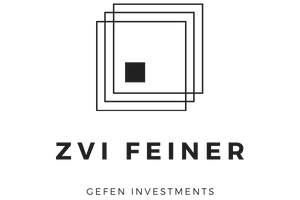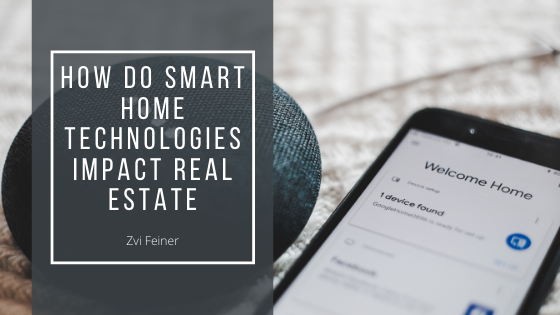Smart home technology is constantly delivering new, better, easier ways to manage different parts of single family and multi-family living.
Whether it’s managing thermostats for a home or handling access to lobbies and common areas, the Internet of Things (IoT) has no shortage of tools to make life easier. For real estate investors and managers, this means better amenities for robust portfolios.
Here are a few smart home technology concepts that have impacted real estate in positive ways.
Easier Climate Control
Smart thermostats make it easier to control the temperature in single units or entire apartment complexes, but they also deliver information that helps with efficiency.
Weather forecasts are far more accurate than in the past, to the point where joking about inaccurate weather reports is a baby boomer joke that younger generations don’t understand. Even if they’re more accurate, you can get better details with IoT.
Smart thermostats can record, analyze, and report trends. Comparisons between not only the same temperatures during multiple years, but across days, hours, and specific weather conditions.
This information can be compared against power consumption. It’s not just about knowing how to set a thermostat during certain temperatures; these reports can explain how effectively the entire system is performing.
Those details can help you choose better or different climate control products, add real data to your vendor choices, and figure out if other parts of the property can be changed to enhance air conditioning and heating quality.
Having real, actionable data before and after changing windows, doors, or performing specific repairs can help you understand if a change was necessary, or to help you put a dollar amount on real savings.
Safety and Security with Digital Enhancements
Smart cameras and smart sensors can deliver greater security, and it can all build upon existing surveillance systems.
Smart surveillance systems work similar to existing security systems. The main difference is that they can connect to the network, which adds new benefits and vulnerabilities.
IoT security is always a hot topic, and there are few smart devices that need enhanced security more than security cameras. That said, security cameras aren’t meant to be in private areas that could cause personal harm if data is leaked.
For most smart surveillance systems, you simply need to keep up with modern security techniques. For any smart device, make sure that default passwords are changed to something more secure, and that the devices you buy can be patched.
Patching means updating the software so that known exploits can be fixed. Most of the biggest smart home cyber attacks have been to known, old exploits rather than cutting edge hacking techniques.
With smart surveillance, you or your security team can monitor cameras with ease. It also makes recording and sharing evidence easier.
With motion sensors and other relevant sensors, you can identify more than just problems on camera. Understanding where people loiter, how criminals move before a crime, and how quickly certain areas are bypassed can help security experts.
For more details on how smart home technology enhances real estate, contact a real estate technology expert.

